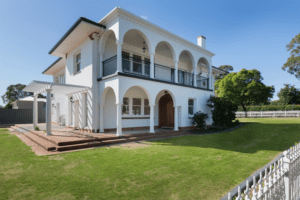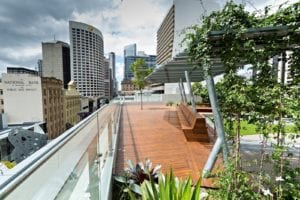10 Things You Need To Tick Off Before You Buy an Investment Property
When you are in a situation where you are able to put money into an investment property, it’s an extremely exciting time. But if not thought out properly, such an investment could actually push you into financial stress which could lead to mental distress as well. To help you out, here is a quick list of 10 things presented by Deppro Qld that you need to do before and during the purchase of property investment.
- Plan well: This is so obvious that it shouldn’t be on this list at all. But lack of planning can cause are series of losses you want to avoid. Things like the location you’re looking to buy at, how much you can afford to spend, who will manage your property, loan implications, property tax depreciation etc need to be well thought out.
- Consult experts: The first set of people we talk to are our friends and family in the process of decision making. We all like to be able to find someone who has their own investment property. But in order to ensure that your investment property actually provides good returns, you need to take the advice of experts like Deppro Qld.
- Insure yourself: Assuming that you would need a loan when buying your property, make sure that you have insurance coverage so that your family is not thrown into the deep end if something happens to you.
- Think like an investor: When it is time to choose your property, try putting yourself in the shoes of the person who would rent it from you.
- Do your research: You need to be sure about the going rates for not only the properties similar to what you are buying, but also be aware of tax implications of the fixtures and fittings you are using so that you can claim tax deductions on your property depreciation reports.
- Backup: Buying an investment property is similar to buying a car. You need to have money for the purchase, but you also need to keep a little aside for regular expenses like repairs and utility bills.
- Sharpen expenses: When you are investing in a property, remember that it is a medium to long term financial investment. Try to bring in some fiscal discipline on other fronts like credit card expenses or other ad hoc expenses.
- Keep the target in mind: You should spend on your property according to the location of the property and the likely tenants/buyers who would rent/buy from you. If the property is in a high-class neighborhood, for instance, invest in a pool, but otherwise, avoid those sorts of expenses.
- Choose the right entity: In case you are already burdened with tax commitments, consider buying in the name of a trust fund or get your spouse to buy it. That way you would be able to get the maximum benefit from the depreciation on investment property.
- Use the laws: When people are considering an investment property, they often use available funds to buy outright. Even if you have your funds, try investing that in a better instrument, and offset your interest expenses by the tax deductions available through law.
Like I said earlier it’s always a great feeling, whether you are planning to purchase your 1st, 2nd or 10th property. So, plan well and prepare yourself completely before your investment.





